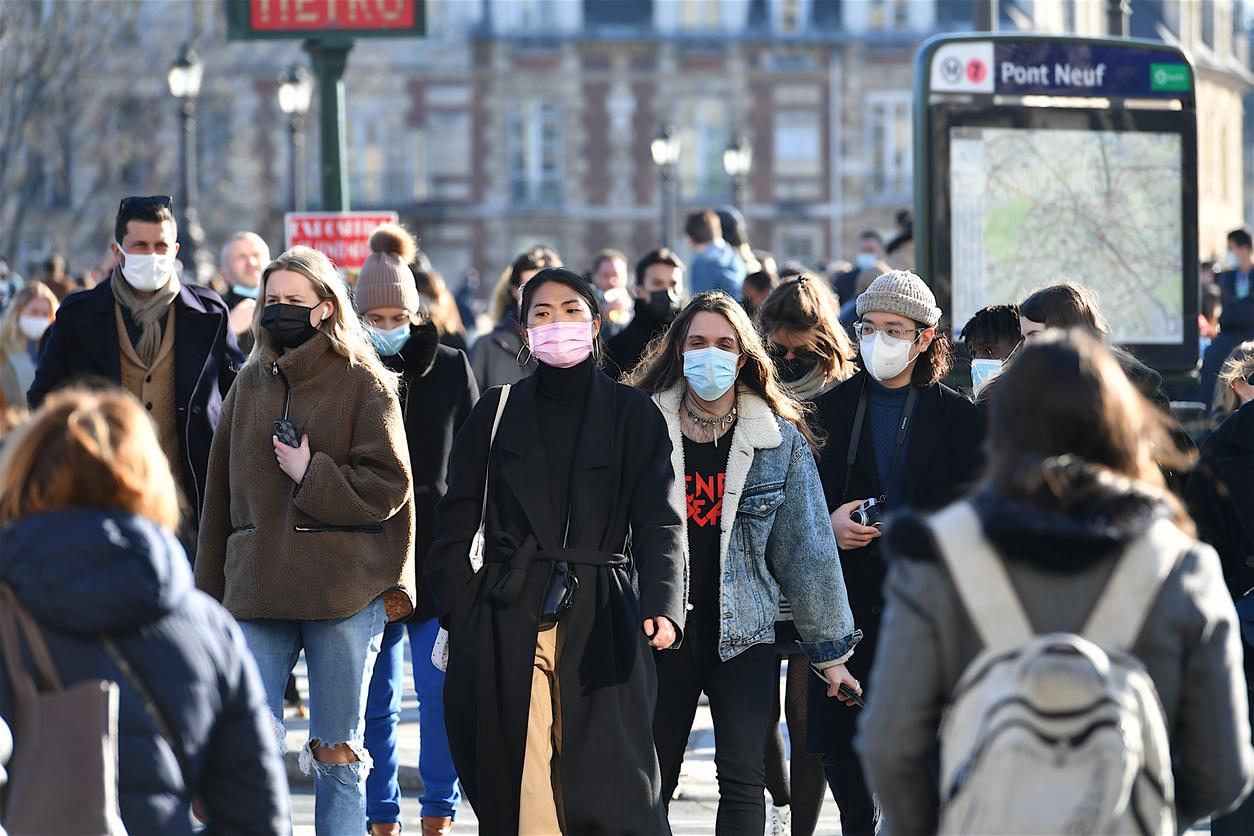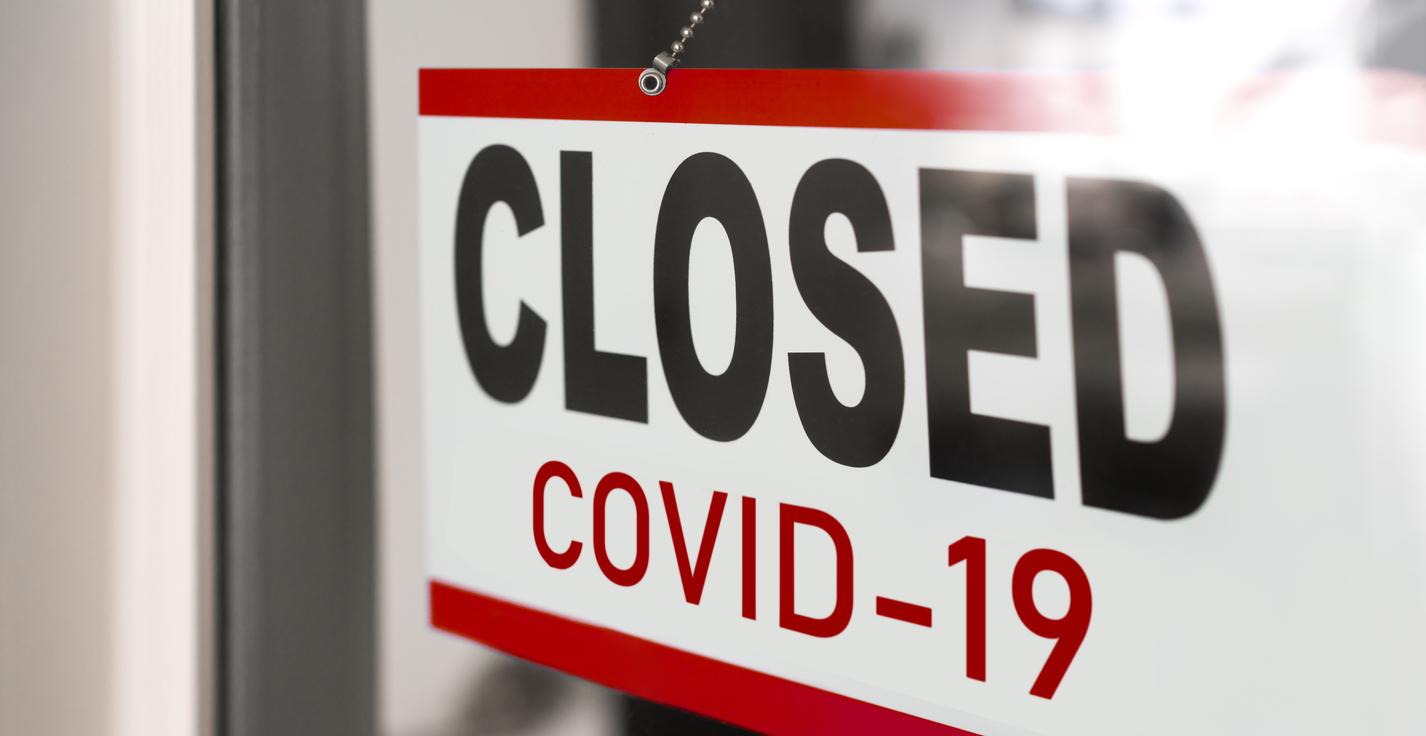We are not going to lie to each other: between telework and series, we spent the entire period of confinement (or almost) in front of the screens … Thus, according to an OpinionWay survey carried out in early May 2020, 60% of the French increased the time spent in front of the computer, television or smartphone during these 55 days at home!
Yes, but here it is: the “collateral victim” of these excess screens is our view. Favored by near vision (in front of the computer, smartphone or simply in front of a book) and the lack of exposure to natural light (we think of course of the famous “blue light” emitted by screens!), myopia could thus be one of the invisible consequences of this confinement.
“When we look closely, we force on the muscles of the eye. Little by little, the eye lengthens and we become myopic“explains the president of the National Association for the Improvement of Sight (Asnav), Bertrand Roy, questioned by our colleagues fromEurope 1.
Screens, enemies of our eyes
What are the signs of myopia? An individual who suffers from myopia will tend to squint to see in the distance (while driving, for example), may suffer from headaches at the end of the day, will need to bring objects closer to see them well (the very close book nose, for example), will have blurred and / or imprecise vision from a distance …
Deconfinement, “it’s [donc] the right time to go for a check-up“thus considers Bertrand Roy. Who adds:”whether for a medical check-up, an eye test, a replacement of glasses or contact lenses or an orthoptic rehabilitation, put the health of your eyes at the top of your post-confinement priorities“. How about making an appointment with the ophthalmologist?
Source:AsnaV press release.
Read also :
6 foods for good eyesight
Orthokeratology to correct sight … while sleeping!
Myopia surgery: focus on the 3 methods
















